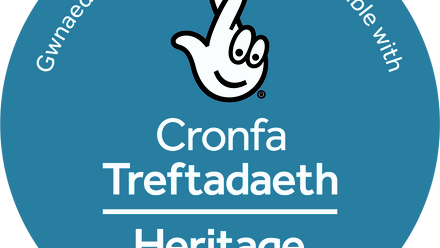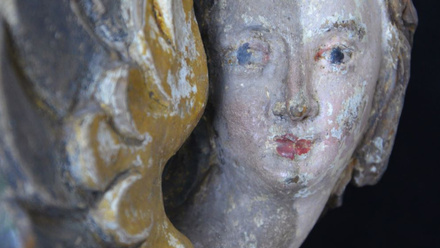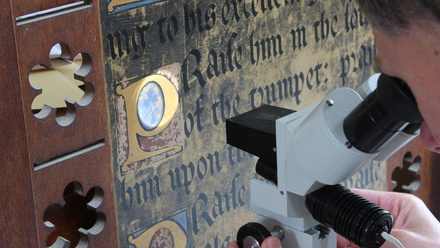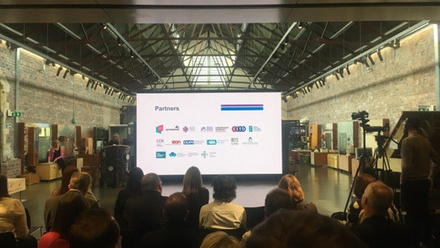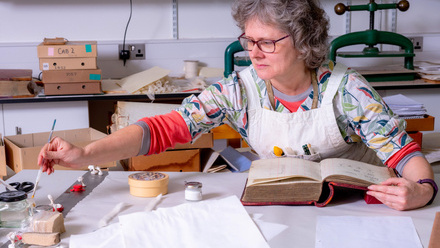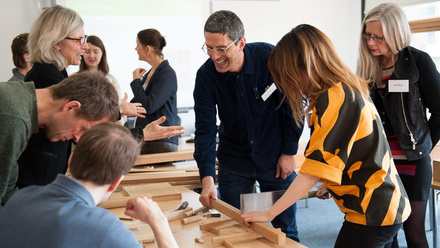Costume conservation and mounting is increasingly becoming a focus for museums and galleries, where costume and fashion exhibitions attract (before Covid-19) many visitors. Understanding the construction of a garment is a key skill to have to treat costumes, to display and store them safely, as well as to create the desired shape on a mannequin.
In 2018, The Textile Group organised a two-day pattern cutting workshop at Blythe House with Alice Prier, pattern cutting teacher who trained as a theatre designer, and her daughter Lilia Prier Tisdall, an experienced Textile Conservation Display Specialist at the V&A. Following the success of this workshop, we set up a toile making workshop at the V&A for Spring 2020, as a natural follow on from the previous course.
It was all ready to go on Eventbrite, I just needed to click “Publish” on the event page, when due to Covid-19, the event had to be cancelled.
While online talks and conferences created great CPD opportunities during lockdown, most of the practical workshops were cancelled. It was apparent that in the long run many of our members who found themselves on furlough, unemployed or without the opportunity to do an internship, wouldn’t have had the opportunity to develop many of the practical skills that are vital for our job. The Textile Group had several meetings on Zoom, and decided to organise a practical workshop remotely for the autumn as a CPD opportunity for our members as well as a good chance to expand our audience to those who aren’t always able to travel to the event’s venue.

Alice and Lilia were very enthusiastic about the idea and after a good chat (on Zoom, of course!) we wrote a programme for a series of three workshops: pattern cutting, draping, and toile making. Each workshop began with a slideshow to introduce the topic and its relation to historic garments and conservation, and it was followed by guided practical exercises. A list of equipment needed and a Zoom link was sent beforehand, so everyone came well equipped for the class, even though sometimes it was a bit tricky to get all that was needed in the middle of lockdown.
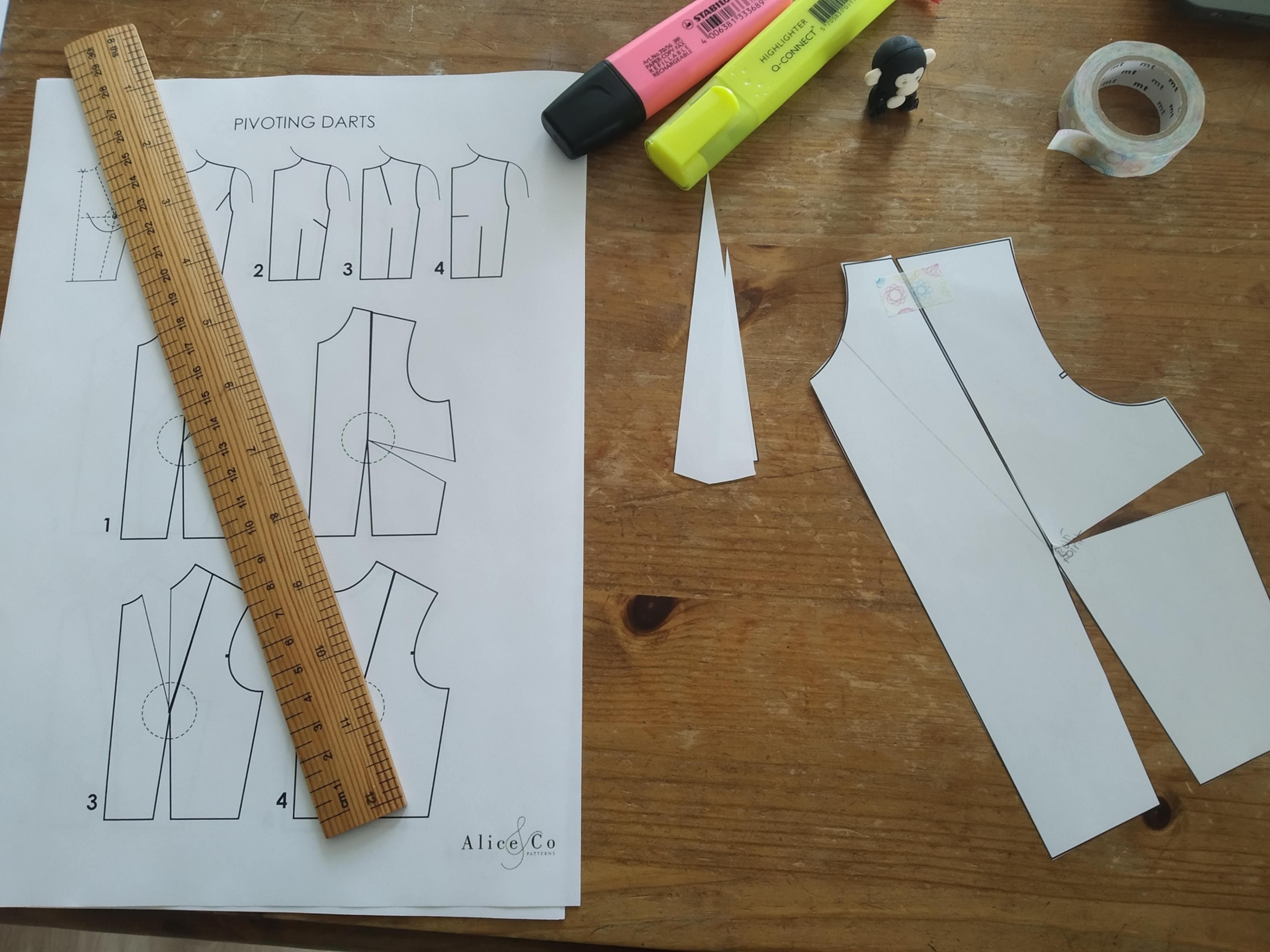
We all learned as we went on with the workshop. Lilia and Alice set up a camera from above Alice’s table to better show the demonstrations and all attendees were very quick to adapt to Zoom and to being in a different environment. I, for one, did the workshop from my kitchen table and draped myself in fabric as I didn’t have a mannequin to use. We certainly all learned to be more resourceful and adaptable.
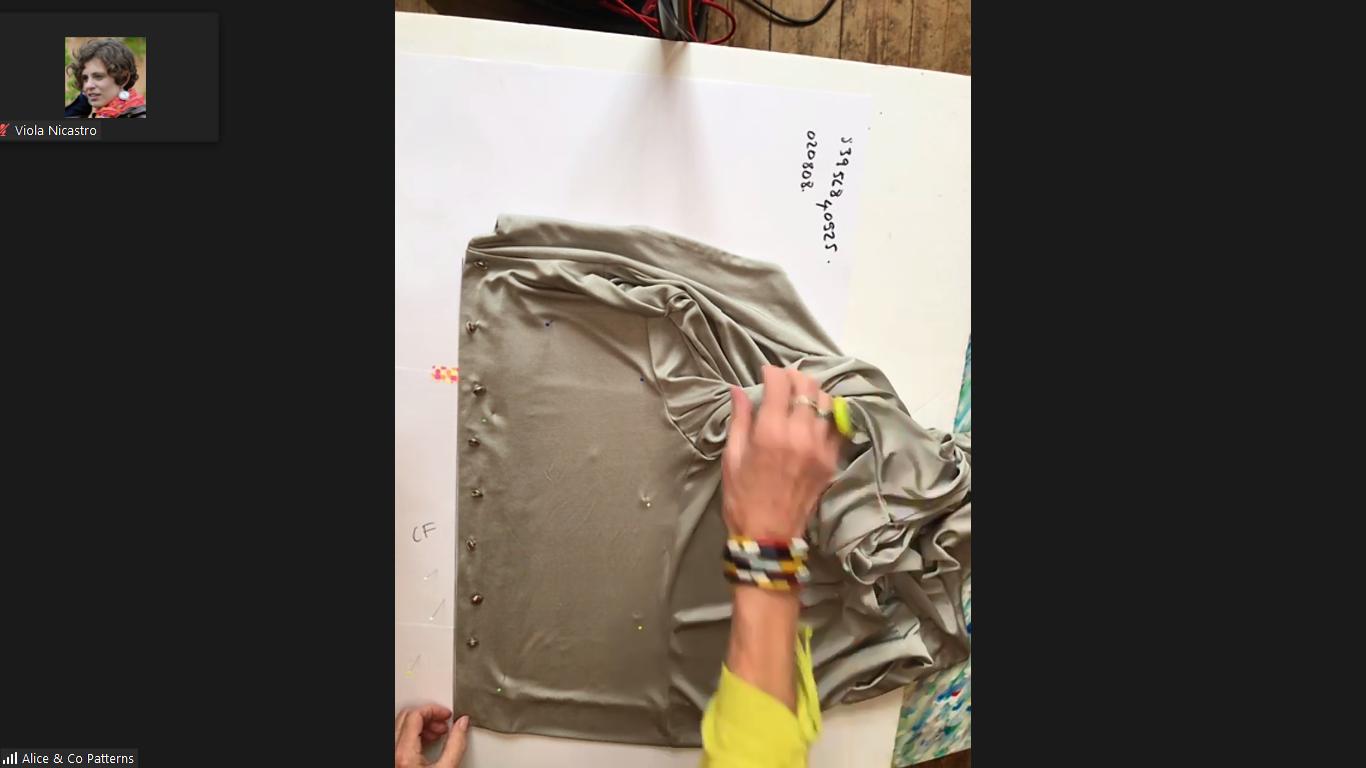
Alice Prier demonstrating how to take a pattern from an existing garment
Considering the context of the pandemic, doing the course online meant having a much cheaper workshop as we didn’t need to charge for the venue, and attendees didn’t need to cover the cost of travelling. We gave the option to sign up to individual classes as a way to give the opportunity to everyone to pick what they needed. We also set up a repeat class later in the day to suit the international members attending from a different time-zone. We opened up the events to non-members (members were given priority for booking) as we recognised the outreach potential to encourage new members to join Icon. However, this was certainly a challenge to manage from our side with the multiple ticket options, internet connection issues and class swaps.
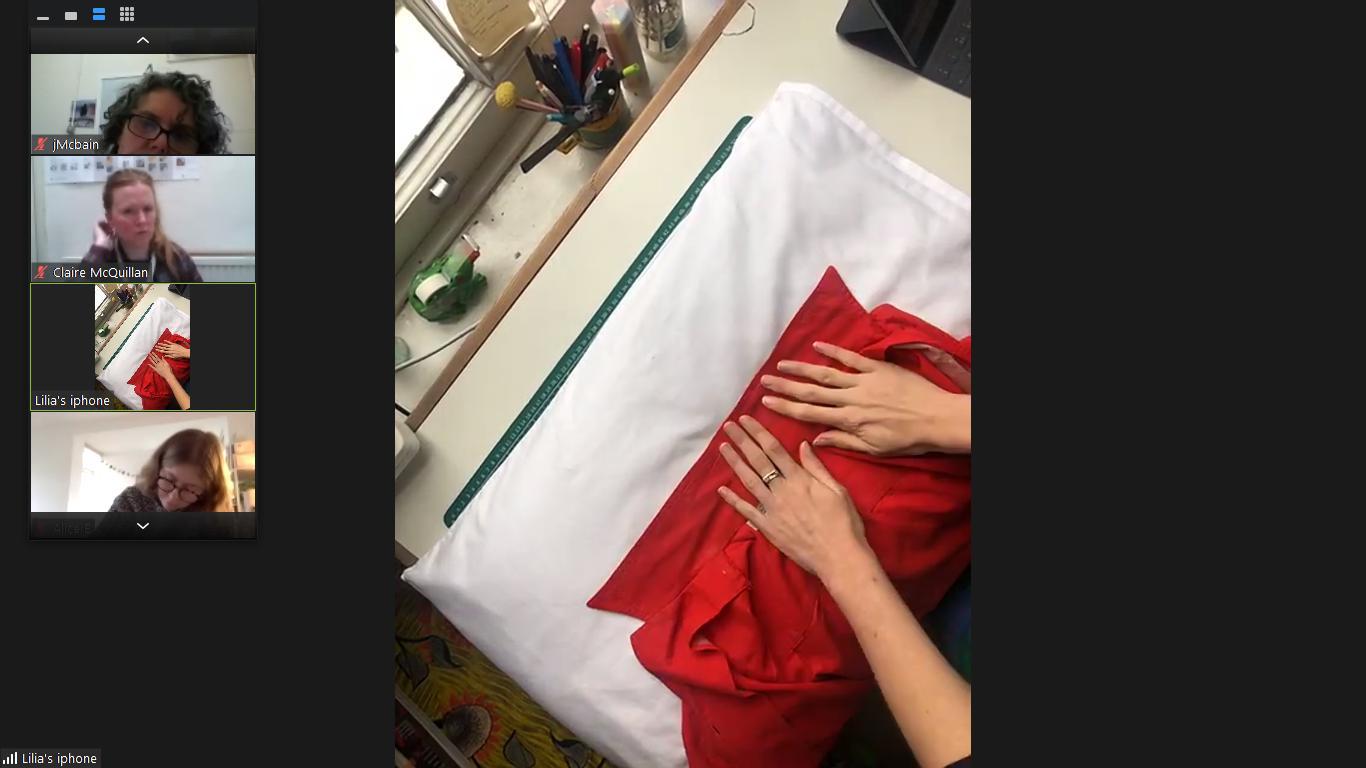
Reflecting on this, it was great to meet other conservators from around the globe that we wouldn’t have met otherwise, and to share all of our challenges over a virtual cup of tea and some pattern cutting. It certainly made me feel, for one, very connected to the conservation community at a challenging time. The feedback we have received from this event was really good. Although we still feel that many practical workshops need to be done in person, it really made us reflect on the fact that perhaps not all of them need to be, and that it will be good to keep offering a mixture of in-person and online events to our membership.

